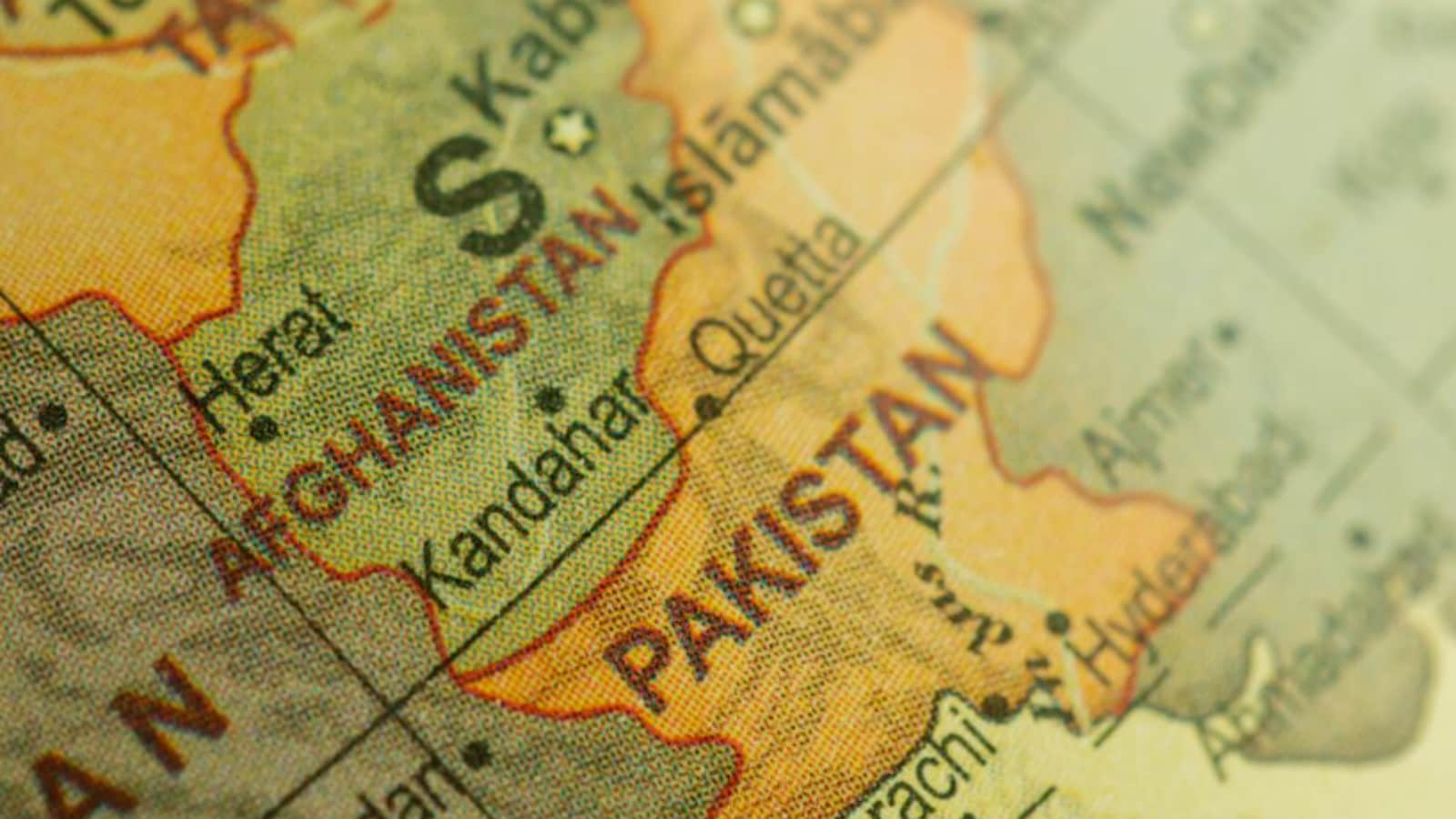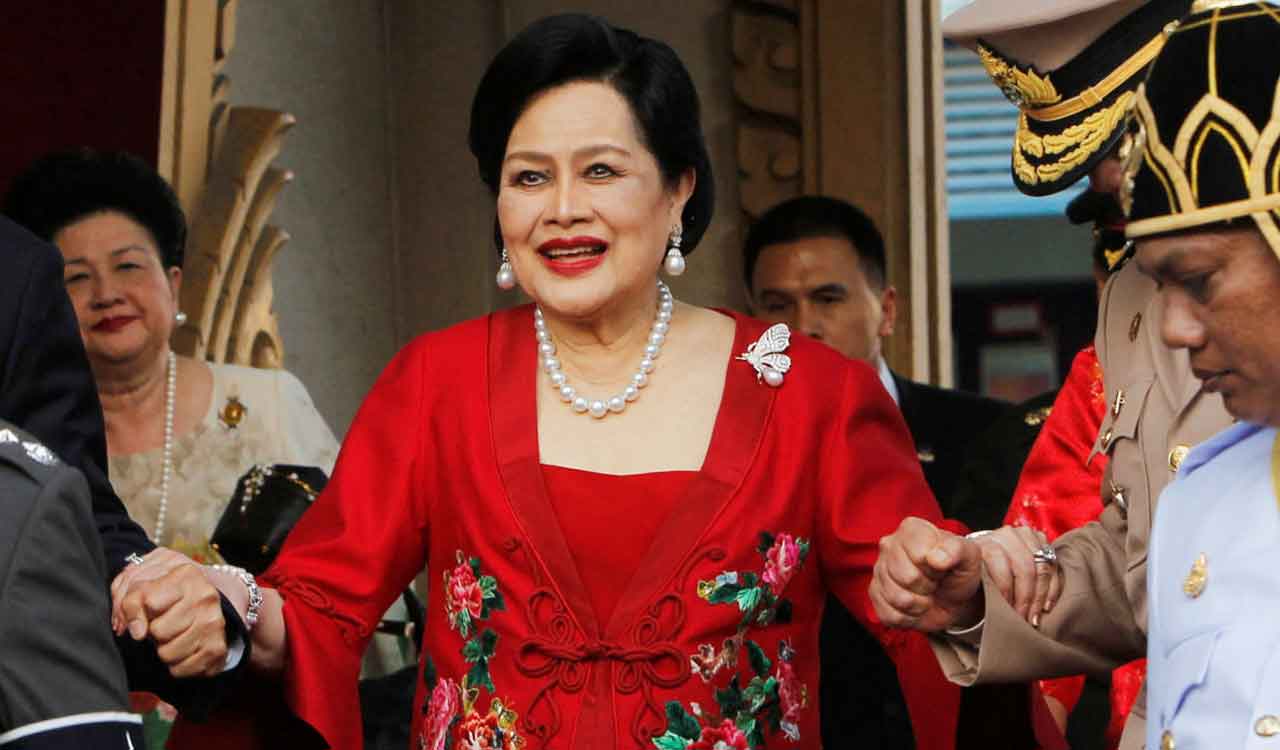Copyright news18

Tensions between Pakistan and Afghanistan have sharply intensified after Defence Minister Khawaja Asif warned that Islamabad “would not hesitate to go to open war” if peace talks failed — a statement issued even as the Istanbul negotiations between the two countries were underway. The remarks were widely condemned as provocative and destabilising. The subsequent collapse of the Istanbul-mediated peace talks marked a serious setback for regional diplomacy. The dialogue, facilitated by Turkey and Qatar, ended without any workable framework for de-escalation, as both sides accused each other of violating commitments. Pakistan claimed that Kabul had deviated from the central issue and failed to curb militant activity from its territory, while Afghanistan countered that Islamabad’s continued airstrikes and incursions had rendered any talks meaningless. The breakdown of negotiations has reignited fears of an “open war”, underlining the deep mistrust that defines their relationship. Moreover, Pakistan recently conducted airstrikes on Afghanistan, targeting multiple locations including Paktika province and Kabul, killing three Afghan cricketers along with several civilians, including women and children, sparking widespread outrage and condemnation. These strikes occurred even as Islamabad and Kabul had agreed to extend the truce until the conclusion of the Doha talks aimed at preventing further escalation. The ACB stated that the victims were targeted during a gathering in Urgun district after returning home from a friendly match in Sharana, the provincial capital. Afghan cricket star Rashid Khan expressed deep grief, calling the attack “immoral and barbaric”, and lamented the deaths of young athletes who dreamt of representing their country on the world stage. The airstrikes have further deepened public anger and resentment in Afghanistan — a nation already harbouring strong distrust toward Pakistan due to decades of interference and proxy manipulation. These attacks follow a series of earlier strikes by Pakistan over the past months, which targeted areas such as Jalalabad, Khost, and Paktika, causing multiple civilian casualties and deepening Afghan resentment. The recent escalation between the two countries began in early October 2025, with airstrikes on Afghan territory starting around October 9, 2025, and retaliatory actions following shortly after. Eventually, both sides had agreed to an immediate ceasefire during talks mediated by Qatar and Turkey. Qatar and the UAE played key roles in mediating the process; however, the situation has once again deteriorated following the failure of the Istanbul talks. Beijing’s Calculated Silence Relations between Kabul and Islamabad have deteriorated at a critical juncture, particularly following Trump’s repeated threats to regain control of the Bagram airbase from the Taliban. Given Pakistan’s history and its previous role in advancing US interests in the region, its actions in Afghanistan are especially significant and are being closely watched. Interestingly, China—a close ally of both Pakistan and Afghanistan—has been unusually restrained in its response to this crisis. Beijing merely expressed concern over the clashes and urged both sides to exercise restraint, resolve their differences through dialogue, and maintain regional stability. It later welcomed the ceasefire agreement mediated by Qatar and Turkey. However, its reaction contrasts sharply with its earlier pattern of active involvement whenever Pakistan faced diplomatic or security crises — when China often moved swiftly to defend or mediate on Islamabad’s behalf. Beijing’s muted stance may reflect its growing frustration with Islamabad. Pakistan’s recent overtures to the United States — including reports of offering additional strategic access despite already hosting U.S. military facilities such as the Noor Khan base, entering mineral deals in Balochistan, and facilitating U.S. strategic presence via the proposed Pasni port near Gwadar — directly undermine China’s strategic investments and assets in Pakistan, including the China-Pakistan Economic Corridor (CPEC), a project worth over $60 billion. With Chinese workers repeatedly targeted in terror attacks and its strategic interests jeopardised, Beijing may find Pakistan’s duplicity increasingly intolerable. Although China previously tolerated Pakistan’s alignment with the US during the War on Terror, largely because it served as a counterbalance to India, the current scenario is markedly different. At that time, China had not made such deep strategic investments in Pakistan. Today, with CPEC as a grand geostrategic enterprise, Pakistan’s growing alignment with the US directly challenges China’s strategic vision and influence. Given that China and the US are systemic rivals, it is untenable for both powers to coexist comfortably within the same strategic geography. Strategic Diversion Historically, Pakistan’s establishment has used external conflicts as a tool to divert domestic discontent and externalise internal threats. With rising civil protests — including the Tehreek-e-Labbaik demonstrations, growing unpopularity of the military regime amid Imran Khan’s extended imprisonment, unrest in Khyber Pakhtunkhwa, and recent turbulence in Pakistan-occupied Jammu & Kashmir — combined with political instability and economic distress, the military once again seeks a “strategic diversion”. By creating the perception of an external threat, Islamabad not only consolidates internal unity and suppresses dissent but also projects internal vulnerabilities outward, framing them as regional security challenges — a familiar tactic in Pakistan’s political playbook. Moreover, Islamabad has long employed counterterrorism cooperation as a mechanism to secure Western aid and external support. Whenever extremist activity declines, Pakistan conveniently “discovers” new threats to sustain its relevance in U.S. security calculations. Given its limited options for attracting foreign aid and external capital amid ongoing political and financial instability, the global community must recognise that Pakistan’s frequent invocation — and sometimes exaggeration — of groups like Daesh or IS-K in the Afghan-Pakistan region often serves to draw funding and strategic attention, rather than reflect genuine security concerns or the actual presence of such groups. At the same time, Pakistan projects Afghanistan as a terrorism hub on international platforms to justify continued counterterrorism engagement and attract external assistance, using such narratives to shape global perceptions and advance its own strategic objectives. This can be seen in the language and framing adopted by Pakistani leaders at the United Nations and other multilateral forums, where Afghanistan is consistently portrayed as a source of instability to legitimise Islamabad’s security-driven agenda. Pakistan must reflect on the remarks made by Afghanistan’s Foreign Minister Amir Khan Muttaqi during his visit to New Delhi, when he stated: “We have five other neighbours — all happy with us — and only Pakistan has problems.” This pointed observation underscores that Islamabad cannot always blame external actors for its internal failures. The fact that Pakistan consistently faces tensions with nearly every neighbour — previously with India and Iran, and now with Afghanistan — indicates that there is something fundamentally flawed in its policies. Pakistan must resort to dialogue and diplomacy, addressing its domestic challenges rather than blaming its neighbours. Only then can it pursue a constructive path; otherwise, it risks sliding further down a dangerous trajectory both internally and externally. Dehumanisation Campaign Moreover, Pakistan has launched a brutal social media campaign to dehumanise Afghans — labelling them as “namak haram” (traitors). This campaign includes songs, videos, and content widely circulated on social media to spread anti-Afghan sentiment. The narrative conveniently omits the fact that Pakistan itself ignited the Afghan conflict in the 1980s, injecting radicalisation into society by manipulating religious texts and nurturing extremism that destabilised the region. Pakistan, which claims to be founded on Islamic principles, has repeatedly violated fundamental moral tenets by targeting innocent civilians — whether within its own territory or in Afghanistan — including the recent use of fighter jets against its own population in Khyber Pakhtunkhwa. Its exploitation of religion as a geopolitical instrument has tarnished the global image of Islam. Among the 57 Muslim-majority nations, Pakistan stands out as the only state that has systematically weaponised faith for political ends. India’s Constructive Engagement and Afghanistan’s Trust When Pakistan resorts to airstrikes, propaganda, and deceit, India continues to engage Afghanistan through constructive, developmental, and humanitarian means. New Delhi’s projects — from roads and dams to hospitals, schools, and training programmes — have left a strong positive impression among Afghans. A prime example is the Indira Gandhi Institute of Child Health in Kabul — the only dedicated paediatric hospital in Afghanistan, established and supported by India — which today serves thousands of Afghan children. India’s approach emphasises development, capacity building, and people-to-people connections, without targeting any third country. Even after the Taliban assumed power, while most countries pulled out, New Delhi continued providing humanitarian aid in the form of food, medicines, and essential supplies. Notably, India was also the first country to send humanitarian assistance to Afghanistan during the recent earthquake, for which Afghanistan’s Foreign Minister publicly expressed gratitude, thanking India. This consistency has earned India enduring goodwill among Afghans across ethnic and tribal lines. As Afghanistan’s Foreign Minister said in New Delhi, a new phase has begun in bilateral relations. Enhanced trade through the Chabahar port, development partnerships, and diplomatic support at international platforms such as the UN and G20 can strengthen Afghanistan’s global standing. India’s responsible diplomacy offers Kabul not just assistance but also credibility in global forums — something Pakistan has persistently tried to undermine. Afghanistan deserves peace, dignity, and respect for its sovereignty. True regional stability will emerge not from bombs and propaganda but from dialogue, development, and mutual respect — principles that New Delhi continues to embody in its engagement with Afghanistan. Imran Khurshid is a visiting research fellow at the International Centre for Peace Studies, New Delhi. Views expressed in the above piece are personal and solely those of the author. They do not necessarily reflect Firstpost’s views.



